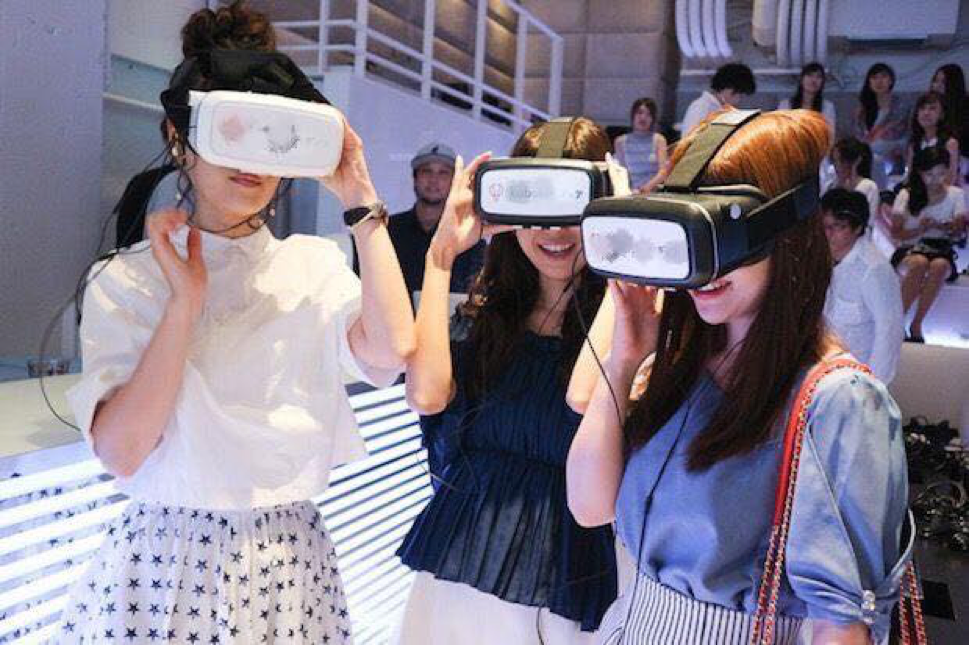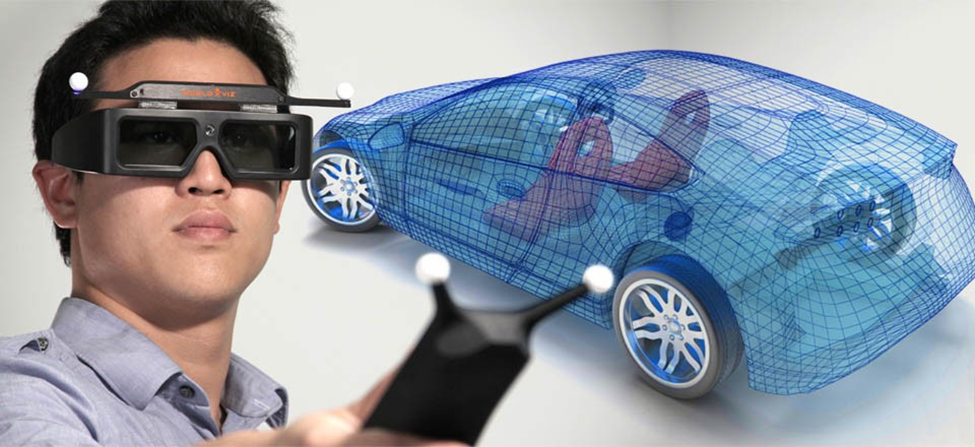VR and Marketing
Consumers are increasingly seeking tailored experiences, therefore marketers need to find exciting new ways to stimulate consumers and through collecting and analysing detailed data in order to suit target audiences needs and wants.
Advanced systems and enhanced presentation through VR, offers exciting potential to optimise the customer service experience with immersive and emotive technology, whilst collecting precise data to perfect offerings. Hence changing the way businesses are now marketing, it has impacted retail, mobile and many other industries as brands and businesses realise their capabilities. Alvin Huen, Managing Director of Insight Focus said that tech giants like Tencent, Huawei, Apple, Google, Facebook, and Microsoft have each demonstrated their commitment to the next level systems by investing heavily in new frameworks and prototypes. For example, Google has been uniting some of their advertising strategies in the form of a VR cube.
Back in November 2016, Macy’s launched a virtual room derived from their New York store, whereby consumers could select products and inspect them on the virtual shelves and load these into a virtual carts and pay afterwards during the completion of the virtual shopping experience. The experience allowed Chinese consumers to shop at Macy’s New York store, closing the gap in distance and allowing consumers to shop from far and wide eliminating international barriers.
However, advertising within VR comes with a set of challenges. Huen added that companies need to find an optimal reach for audiences with their ad content and ensuring effectiveness. VR ads will require unique targeting to a user’s interests, meaning extensive marketing research should be conducted to tailor the experience to targeted audience.

Potential of VR
The market is expected to grow by 36 times in the next four years to 55 billion RMB and Bloomberg reported China's VR market growth to be $8.5 Billion by 2020, and noted that there are at least 200 startups working in China’s VR industry. This represents the opportunity and potential uptake of VR applications across sectors.
VR popularity will continue to grow and be driven by the introduction of new content which will appeal to a broad spectrum of users, making VR marketing much more lucrative. Insight Focus’ VR Industry Study 2017 (Figure 1) presents consumers usage of VR in application, it highlights key opportunities within the following sectors; Entertainment, Commercial Activities and Professional Services.
Figure 1: Usage of VR in Application

The following are some of the examples of VR in application:
- China has developed its first VR “live” surgery application
- VR Fitness Classes in Dubai
- BBC released a VR application called “BBC Taster VR”
- Royal Caribbean offers a new VR Experience
- Sky VR studio – personal VR interview with David Beckham
Impact of Virtual Reality Marketing
VR provides a new marketing platform for businesses, especially for companies which target customer engagement. Marketers and companies are often seeking better approaches to enhance packaging of goods and services, such could be achieve through VR marketing. For instance, estate agents could use VR to give potential buyers a virtual walk through on the property.
1. Product Experience and Improve Purchase Decision
VR technology has revolutionised how most product and service testing are now conducted, it gives customers an experience of the real product. VR is very beneficial for intangible products and services which cannot be given in samples, such as architectural and educational services. More and more businesses are utilising and partnering with VR service providers to enhance customer testing experience e.g. travel agents, software companies, clothing trials etc.
2. Marketing Materials – Videos and Branding
Technology such as social media and videos are highly regarded as the most effective approach to marketing. As of 2016, an estimated 96% of B2B companies have engaged video marketing, of which, 73% acknowledged a positive ROI impact (TNW, 2017). VR offers an alternative to video ads (online and TV), which provides a 3-Dimensional experience, the 360-degree experience changes the components of video marketing. Producing a more realistic view of the product or service, which enhances overall customer experience and purchase motivation. During improvement of customer engagement, there is a higher probability of companies attaining improved sales.
3. Recallability
The high levels of media and public interest in VR, would benefit early adopters with favourable media exposure. The intensity of the VR experience is greater than traditional media, generating stronger emotions in users, which makes messages more memorable.
VR also helps to clearly illustrate marketers’ message and concept, which are easier for consumers to decode. Users are more immersed when wearing a headset are completely immersed in the content, meaning fewer distractions and more focus and attention on message.

Tips for Using VR
VR application delivers a new set of opportunities along with setbacks in marketing management. In order to create a successful VR campaign, it’s important to take a practical approach;
- VR could make consumers nauseous if done incorrectly. Hiring a professional company will ensure the campaign and experience is a positive one for viewers.
- Financial cost of the technology and technical investments; VR is complicated, it requires three cameras and large amounts of processing from computers.
- Offering VR-like experiences e.g. 360-degree video format, to create content without heavy investments, practicing and refining campaign strategies that include interactive content. It also provides the audience with initial VR technology in association with the company and helps to gauge audience engagement.
- VR programs have the potential of shaping the future of businesses and general marketing issues. Yet there is a lack of research to identify major themes to describe VR application from customers or marketing perspective.
Regardless during the drafting of a marketing plan, incorporating or considering VR systems would be fundamental in this techy savvy era. It makes marketing easier, improves viability and client relationship.

Create a VR Marketing Strategy
What’s your VR marketing strategy? Customers are seeking increasingly individualized brand experiences, meaning marketers need to collect detailed data to learn more about their target customers in order to provide such.
At Insight Focus we help leading brands to craft a marketing strategy from trusted research, which will attract customers and build upon the brand. We specialize in the Chinese market, understanding the local markets and reaching local consumers is vital for marketing strategies.
To make an appointment for a consultation, please contact your local Insight Focus representative.


